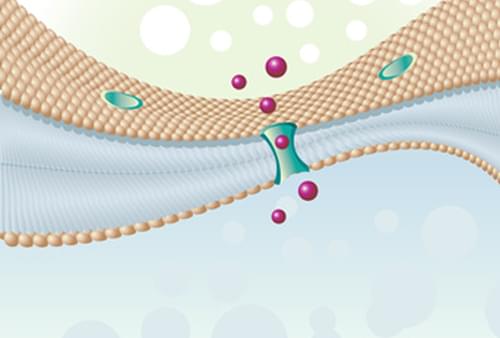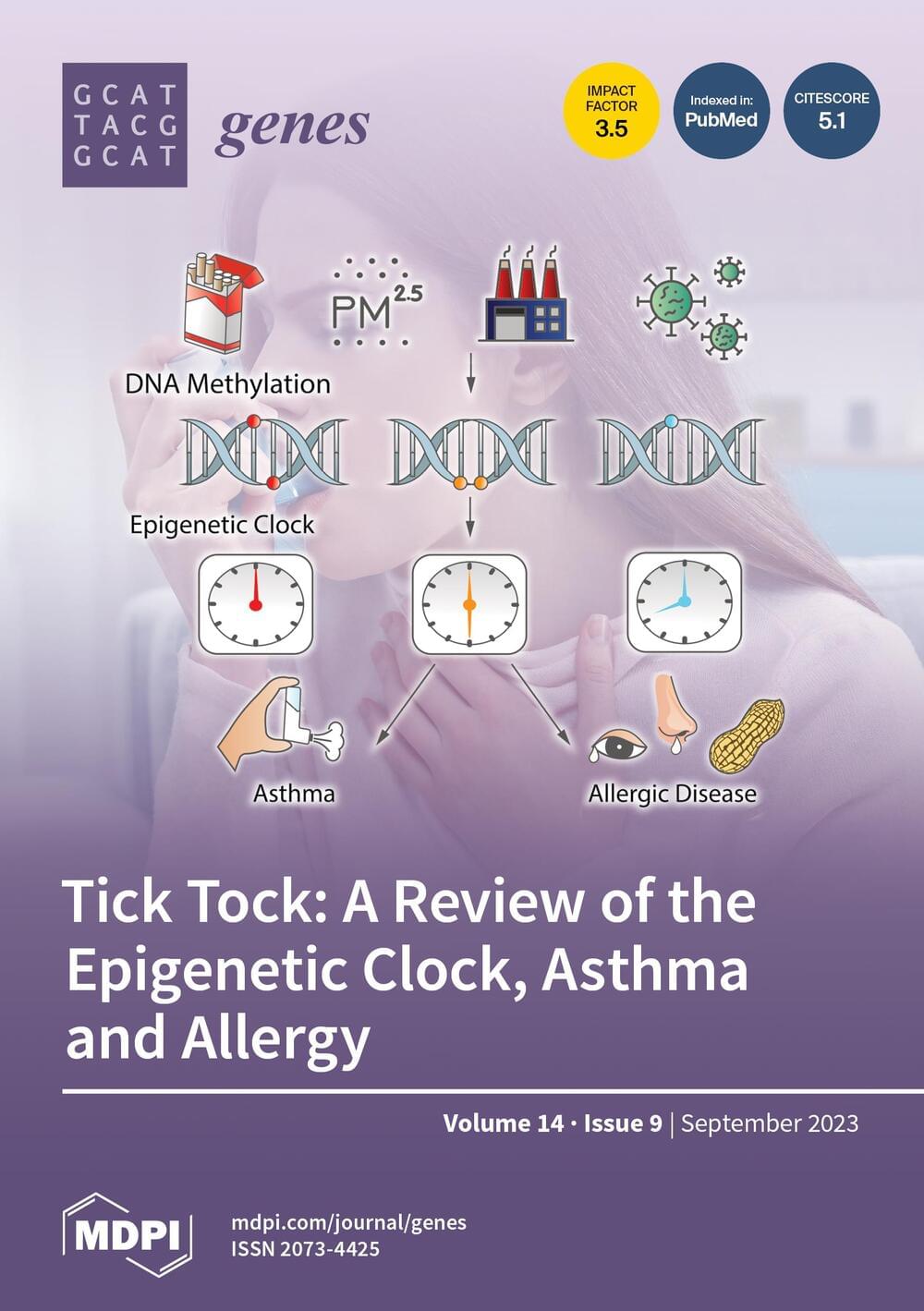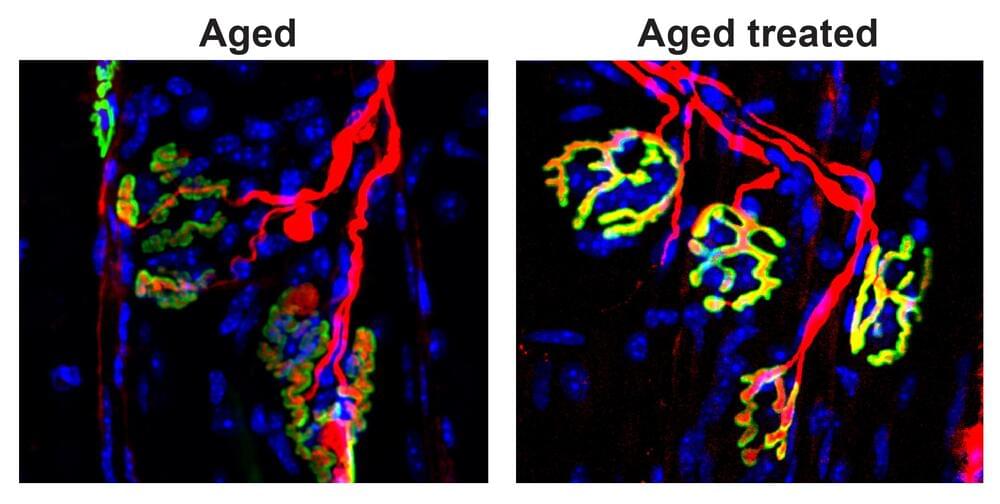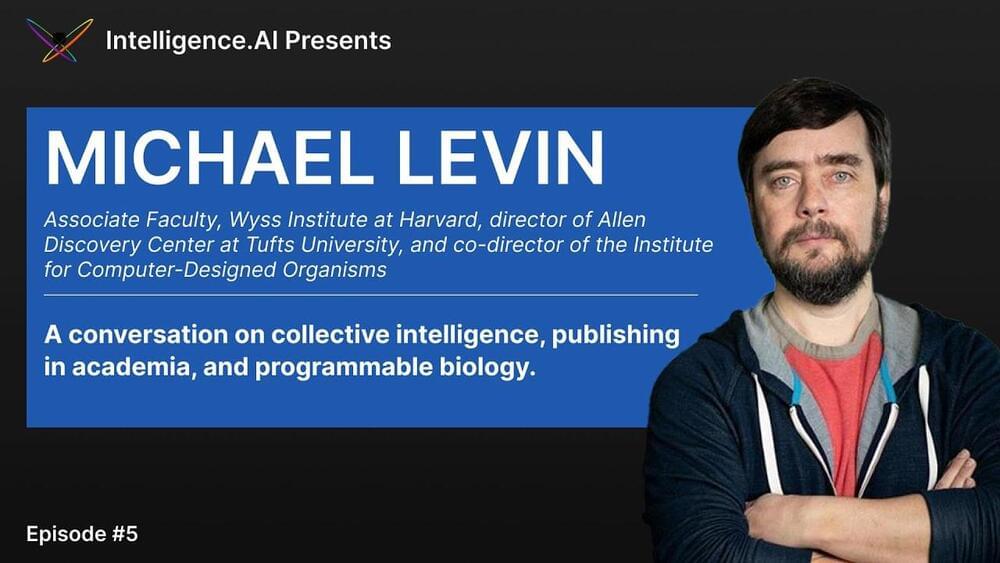What is the impact of treatment interruptions during courses of adjuvant radiation therapy for breast cancer?
The impact of treatment interruptions during courses of adjuvant radiation therapy for breast cancer has not been investigated. To address this issue, investigators conducted a study of 35,845 triple-negative breast cancer (TNBC) patients in the National Cancer Database who received external beam radiation and had overall survival (OS) of at least 12 months. Among these patients, 76% had grade III–IV disease and 68% had N0 cancer.
Multivariable Cox proportional hazard models were used to determine the association between interrupted treatment days and OS. The number of interrupted treatment days was defined as the total number of days from the start to the end of treatment minus the number of expected days of treatment. OS was defined as the time between the date of diagnosis and the date of death.
As the number of interrupted treatment days increased, OS progressively worsened. Compared with 0–1 interrupted treatment days, hazard ratios for poorer OS were 1.069 for 2–5 interrupted treatment days, 1.239 for 6–10 interrupted treatment days, and 1.265 for 11–15 interrupted treatment days. Other factors significantly associated with poorer OS were Black versus white race (HR, 1.278), other nonwhite versus white race (HR, 1.337), grade III–IV versus grade I disease (HR, 1.743), and stage N1–N3 versus N0 disease (HR, 2.534–4.992).
Continue reading “Interrupting Radiation Therapy for Triple-Negative Breast Cancer” »

















